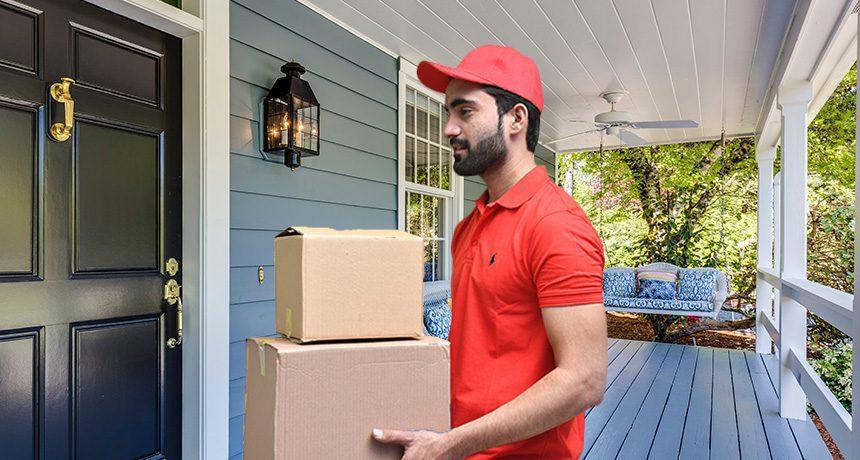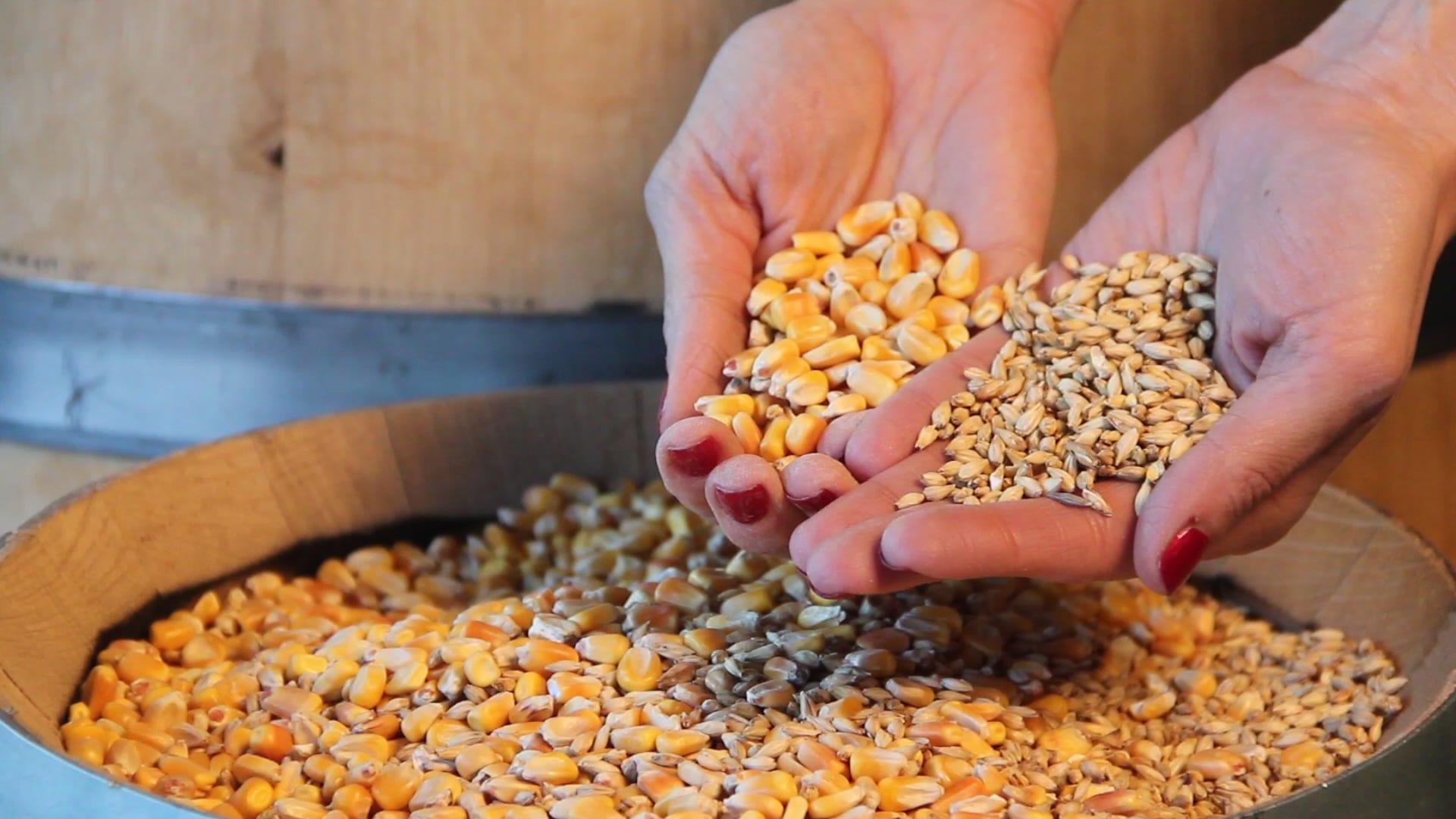
The Art of Non-Alcoholic Spirits
blog
For decades, spirits and cocktails have fostered a culture of craft, connection, and celebration. But over time, cocktail culture has evolved far beyond the buzz!

When it comes to interstate direct-to-consumer (DtC) liquor shipping laws by state, distilleries and other spirits producers must adhere to shipping laws of the destination state. It's also important to remember that just because a state allows DtC wine or beer shipping, it does not necessarily mean that it allows DtC spirits shipping. For example, Ohio allows DtC beer shipping, but direct-to-consumer liquor shipping is currently not legal.
Spirits producers must also stay current on all federal and state laws, as they can change over time. In April 2020, Kentucky passed a statute enabling the DtC shipping of spirits. Then in 2021, Kentucky passed a bill removing a previous provision prohibiting DtC alcohol shippers from using third-party fulfillment houses to help with their shipping logistics needs.
Following is an overview of the basics of DtC liquor shipping, including the key rules that spirits shippers must adhere to in order to stay compliant.
Where can spirit producers ship?
Currently, eight states and the District of Columbia allow interstate DtC shipping of spirits.
It's also universally required that any packages being shipped have a label clearly identifying that the box contains alcohol and that a signature of a person aged 21 years or older is required for delivery.
How does DtC liquor shipping work?
Similar to DtC beer and wine shipping, distilleries must adhere to the assorted state-specific requirements when it comes to shipping DtC. Some of these requirements might vary from state-to-state, but shippers should ensure that they are aware of the following rules:
Remember that while these rules and regulations are commonly applied, they are not always in effect in every state that permits DtC shipping of spirits. They can also be applied with varying levels of strictness.
When you are looking to ship in a new state, consult with experts who can properly interpret how the rules apply to your individual circumstances. Specifically, your compliance team, legal counsel or another distillery could help you determine your next steps in DtC spirits shipping.
Written By: Sovos ShipCompliant

blog
For decades, spirits and cocktails have fostered a culture of craft, connection, and celebration. But over time, cocktail culture has evolved far beyond the buzz!

blog
Those that are familiar with the process of crafting distilled spirits may also be familiar with the 10 common congeners that are created during fermentation, and honed during the distillation run. Each congener has its own distinct personality, rendering unique tastes and aromas to the finished spirit.

blog
So, you want to start distilling with freshly milled grain. Maybe you're tired of paying top dollar for the pre-milled stuff from the malt distributor, and you're ready to invest in the quality, efficiency, and bulk pricing that comes with milling your own whole grain. But where do you start?